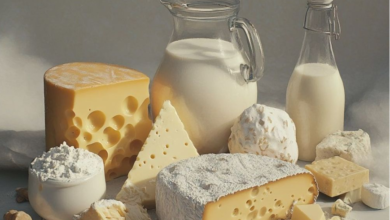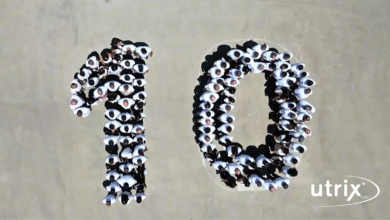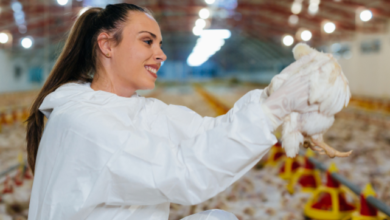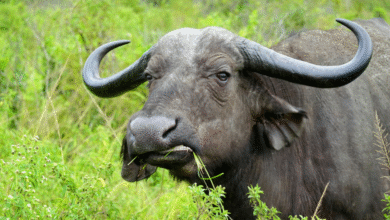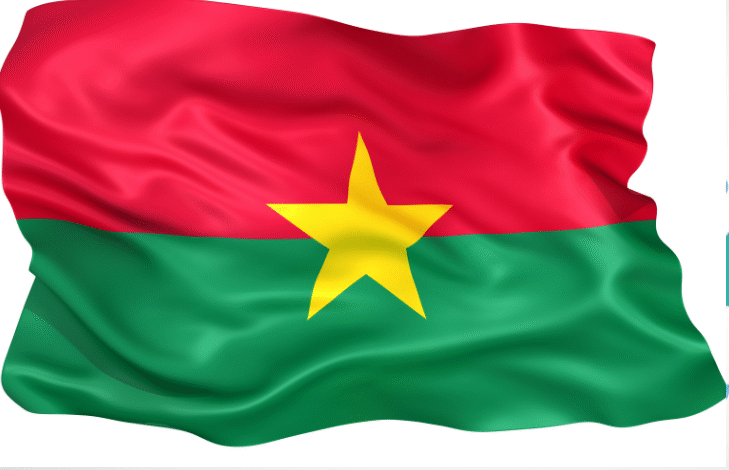
Burkina Faso Suspends Broiler Chick Imports to Strengthen Domestic Poultry Industry
Burkina Faso has taken a decisive step to boost self-sufficiency in its poultry sector by suspending the importation of broiler chicks. The Ministry of Agriculture, Animal Resources, and Fisheries announced the policy change on Friday, October 3, confirming in a press statement that all import permits for broiler chicks are now suspended until further notice.
Under the new directive, the Directorate General of Veterinary Services will no longer issue new authorizations for the import of meat-type chicks. This decision follows comprehensive assessments indicating that domestic hatcheries have sufficient capacity to meet the needs of poultry producers nationwide. The suspension applies to all breeds and genetic strains of broiler chicks, signaling a strategic move to strengthen local production and reduce reliance on foreign suppliers.
Government authorities emphasize that the measure is designed to foster a more favorable environment for local entrepreneurs while attracting international investors to the nation’s poultry market. By halting imports, the government aims to stimulate the growth of domestic hatcheries, enabling them to expand their production capabilities and gradually replace imported volumes with locally produced chicks.
Trade data from the Trade Map platform shows that between 2020 and 2024, Burkina Faso imported an average of $736,000 worth of broiler chicks annually, with imports peaking at approximately $1.06 million in 2024. Major suppliers included Morocco, Belgium, France, and Turkey.
Poultry production plays a critical role in Burkina Faso’s agricultural sector, contributing around 6 percent of the country’s agricultural value added. The industry supports rural livelihoods and national food security, producing over 140,000 tons of poultry meat and roughly 6,000 tons of eggs annually, with production steadily increasing over the past decade.
Historically, poultry has grown in economic significance, with the sector valued at $80 million in 2009, rising to over $140 million by 2011. Together with cattle, poultry represents a cornerstone of Burkina Faso’s livestock economy, accounting for nearly 16.5 percent of total meat consumption nationwide.
While the import suspension may require minor adjustments in supply chains initially, government officials reassure that local hatcheries have the capacity to maintain stable production levels. The Ministry of Agriculture confirmed that the suspension will remain in effect until a thorough review confirms that domestic production can fully meet national demand without relying on imported chicks.









